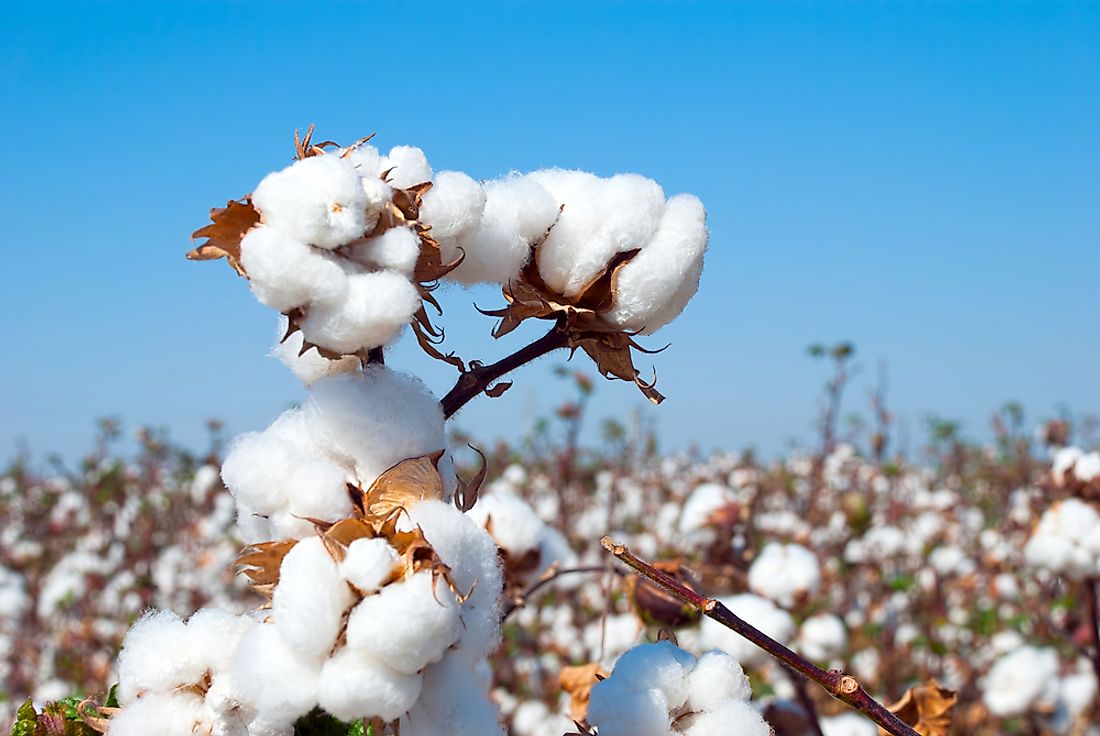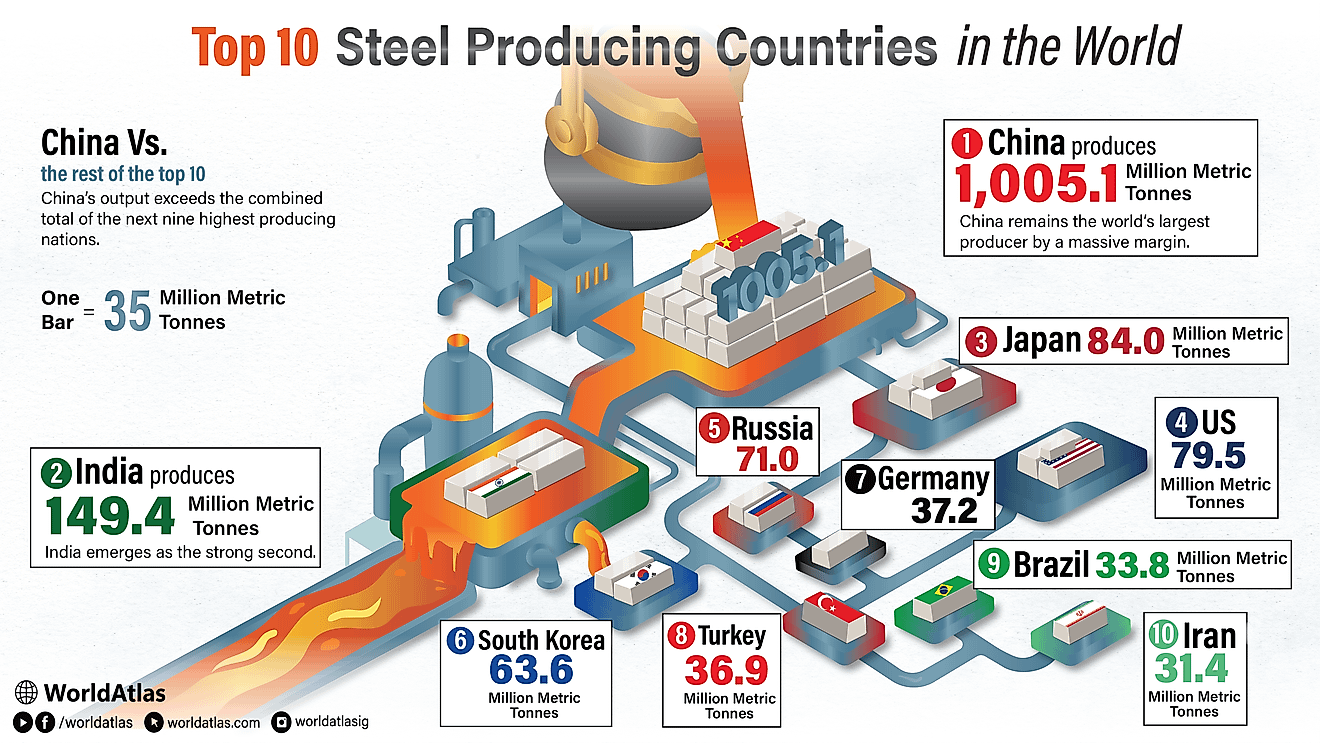What Are The Biggest Industries In Uzbekistan?

Uzbekistan is an agrarian state with vast deposits of oil, gold, uranium, and gas. Its economy relies on the production of raw materials especially cotton. The Soviet-era infrastructure including country-roads, chemical plants, irrigation networks, and factories was established to support the cotton industry. Despite the mass production of cotton, the country does not produce a lot of finished textile products.
Since independence, the government has committed to the transition to a diversified market-based economy that is resilient and offers more opportunities. The implementation of economic policies has been cautious, but the country has made significant strides. The government continues to struggle with the black market even after introducing the official exchange rate to stabilize the national currency. Uzbekistan’s restrictive and interventionist trade policies continue to hinder the growth of the economy, but it has the potential to improve by strengthening the financial system, improving the business climate to attract foreign investors, and reducing the grip on some sectors of the economy such as the agricultural sector. The government also places restrictions on currency conversion and import restrictions. Uzbekistan and the International Monetary Fund have made considerable progress in curbing budget deficit and reducing inflation. Today, the manufacturing and agriculture industries contribute equally to the economy and account for half the GDP of the country.
The Biggest Industries In Uzbekistan
In 2006, agriculture accounted for 24% of the GDP and employed 28% of the labor force in the country. As of 2017, the weight of agriculture in the economy had dropped to 17% of the GDP and 21% of the labor force. The drop is attributed to the diversification of the economy in favor of the processing, manufacturing, and technological Industries. The primary agricultural products include cotton, fruits, vegetables, livestock, grain, wool, and silk. The Netherlands, Russia, and Poland have strengthened agricultural ties with Uzbekistan by providing technical support and opening their markets. Cotton was once the preferred crop, but it has lost preference to wheat and other grains as the country moves towards food security. Land under cotton has reduced by half since independence paving the way for vast fields of wheat and ranches. However, the government controls the production of cotton and wheat, and in most cases, it pays the farmers poorly, prompting them to shift towards the production of vegetables and fruits where prices are determined by demand and supply. Middlemen and brokers have taken advantage of these restrictions to obtain cotton and wheat from farmers and smuggle them out of the border to Kyrgyzstan and Kazakhstan.
External Trade And Foreign Investment
In the mid-1990s and early 2000s, government regulations on trade resulted in significant drops of exports and imports. In 2003, the state began the process of stabilizing the economy and liberalizing the currency, and consequently, exports rose to US$8.4 billion as of 2017. Sporadic border closures and draconian border tariffs present barriers to legal trade of both capital equipment and consumer product forcing farmers and businessmen to seek alternative ways of exporting and importing goods. The country is a member of the Commonwealth of Independent States and therefore exports and imports goods from member countries. Kazakhstan, Ukraine, and Russia account for 40% of Uzbekistan’s foreign trade while the European Union, South Korea, Iran, China, and Turkey are key emerging markets.
Energy And Natural Resources
Uzbekistan is the seventh largest producer of gold with an average output of about 80 tons annually. It ranks 4th in gold reserves. Vast deposits of natural gas and oil provides enough for export and domestic use. Reserves of lead, copper, zinc, uranium, and tungsten have also been found. Uzbekistan is among the few self-sufficient countries in energy production. It ranks second among the Caspian gas producers behind Turkmenistan. Natural gas and oil account for 97% of the energy produced making it the largest producer of electricity in Central Asia with a total output of 12,500 MW. About 95% of the country is covered by electricity with the remaining 5% being remote villages with poor accessibility.
Financial Sector
The financial system in Uzbekistan is closely controlled and monitored by the state through regulatory actions, proclamations, decrees, and practices. Most banks are wholly or partially owned by the government while most loans are channeled to pre-selected sectors. The slow pace of reforms in the financial sector limits the ability of the banks to offer monetary assistant to companies and citizens thus inhibiting the growth of the economy. Although the government monitors and governs the activities of the commercial banks, it is unable to enforce all regulations properly leaving the banks to operate with little regards to the law.











